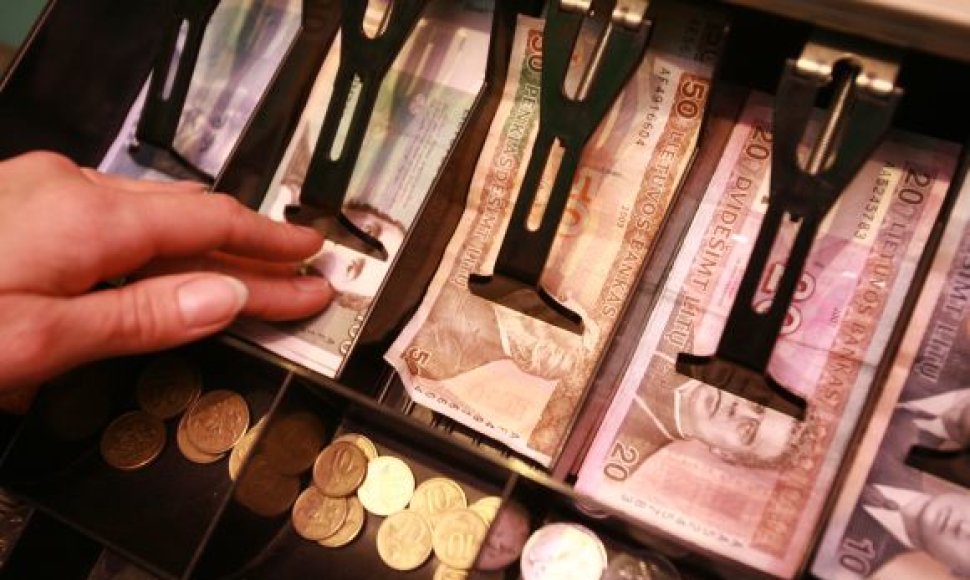"It has been decided to postpone this issue as we need to collect more information about its future influence," Evelina Butkutė-Lazdauskienė told BNS.
The Social Democratic leader said following a meeting with European Commissioner Algirdas Šemeta in December that Lithuania would join the group of EU member states who plan to introduce a financial transaction tax.
"I have assured (him – BNS) that the Cabinet will consider it in early January and I believe we will back the decision to turn to the European Commission," Butkevičius then told journalists.
Šemeta, the EU commissioner in charge of taxes, welcomed the move which would make Lithuania the 12th country supporting the procedure he had initiated.
Supporters of a financial transaction tax say it would help generate more income and would make the banking sector to share the burden of dealing with the crisis. Moreover, the European Commission believes such a tax would reduce speculative transactions.
Meanwhile the UK is against the proposed tax as, the country believes, additional taxation of the financial sector would push investors to other financial centers.
Without a common EU decision, initiators plan to launch the so-called enhanced cooperation, a procedure where a minimum of nine EU member states are allowed to establish advanced integration or cooperation in an area within EU structures but without the other members being involved.












